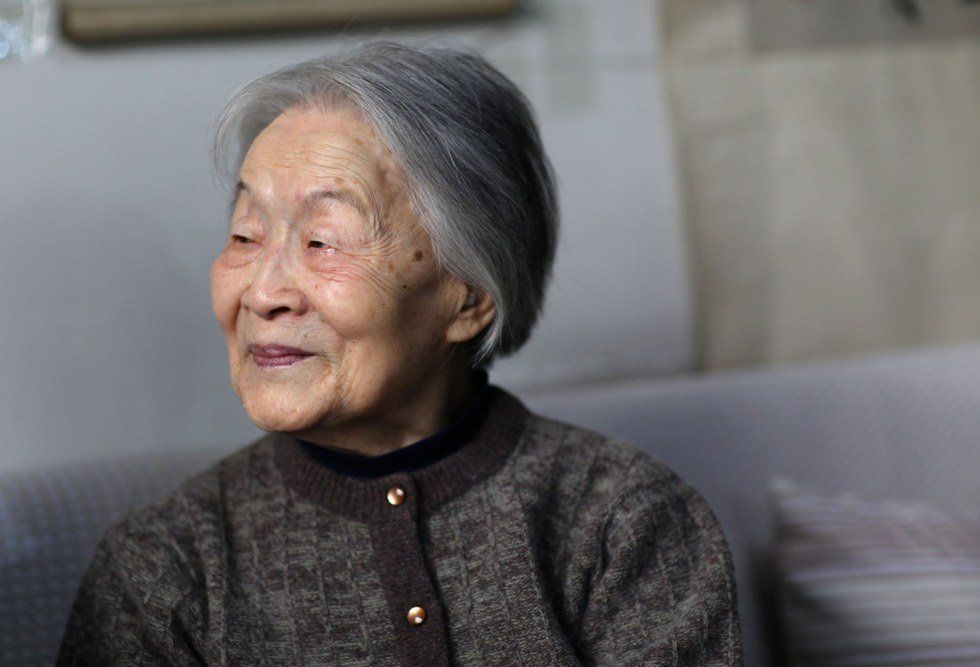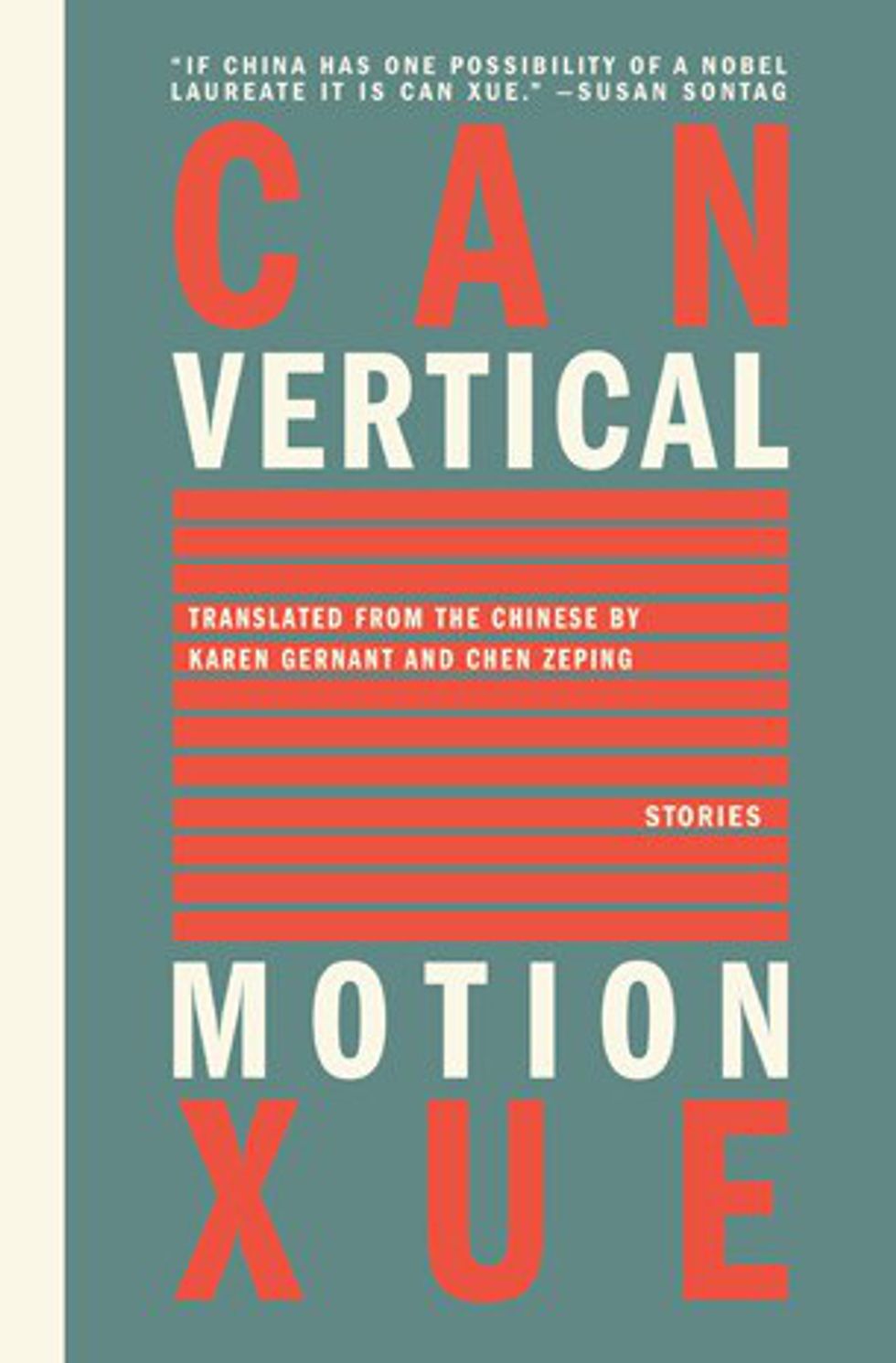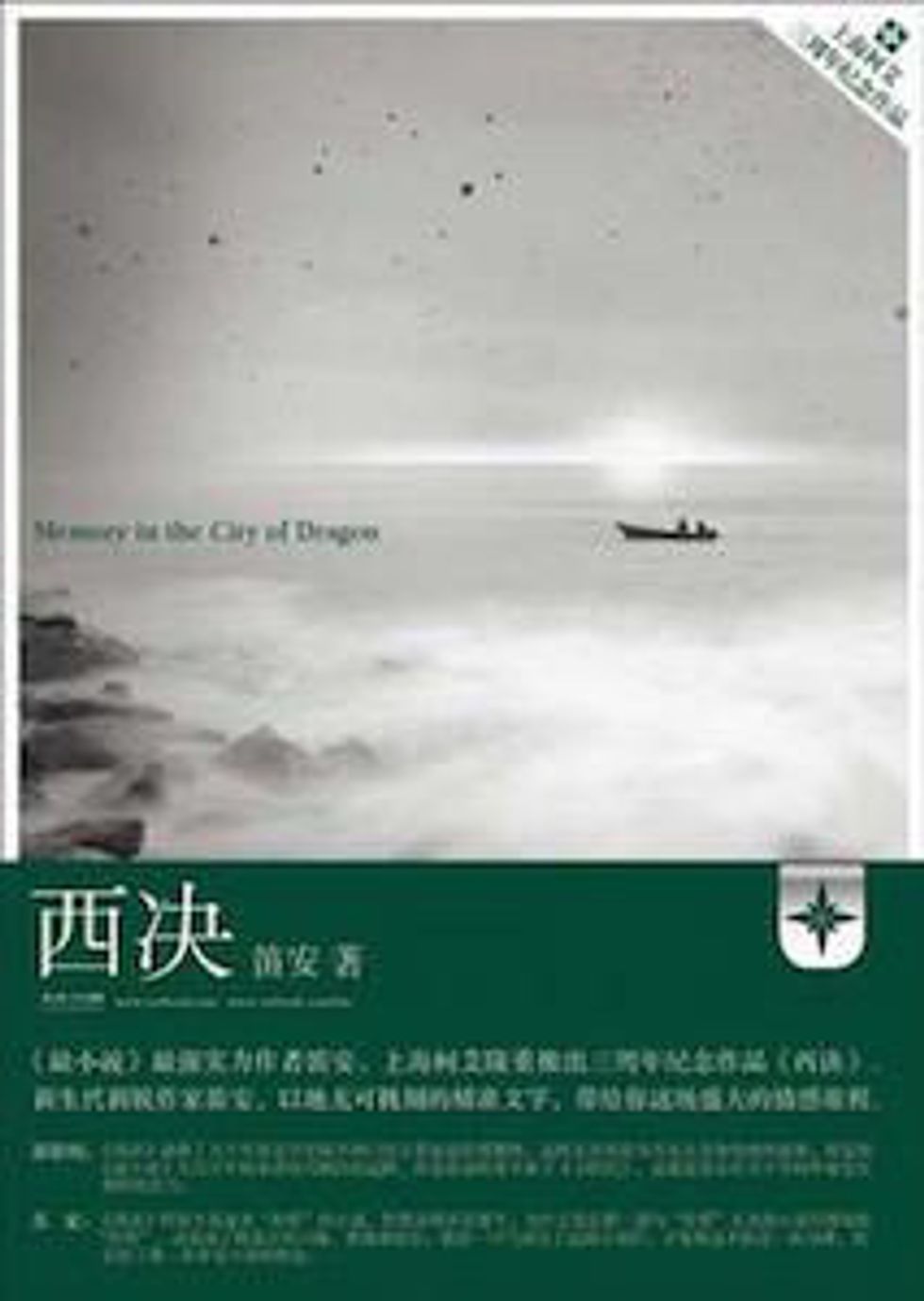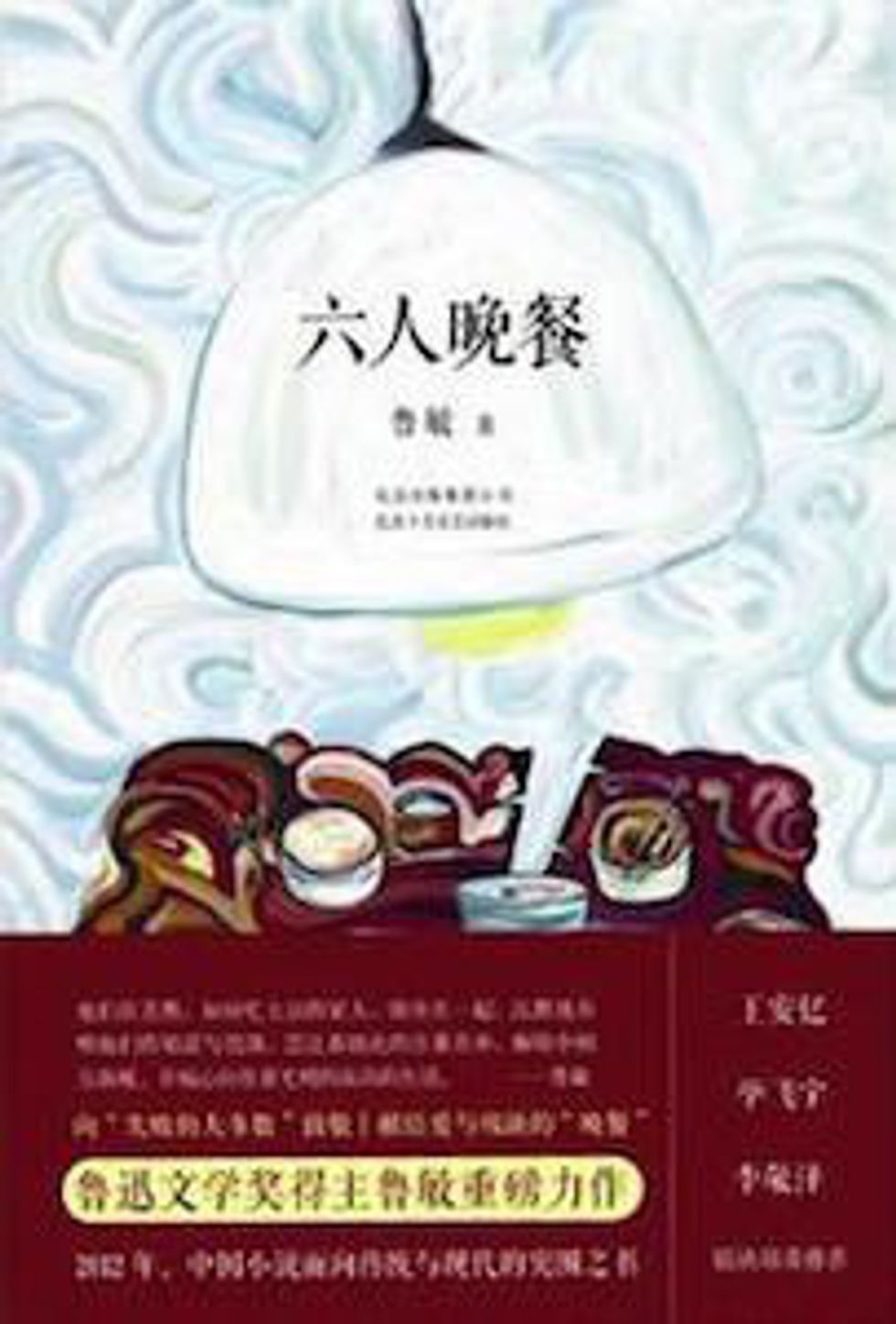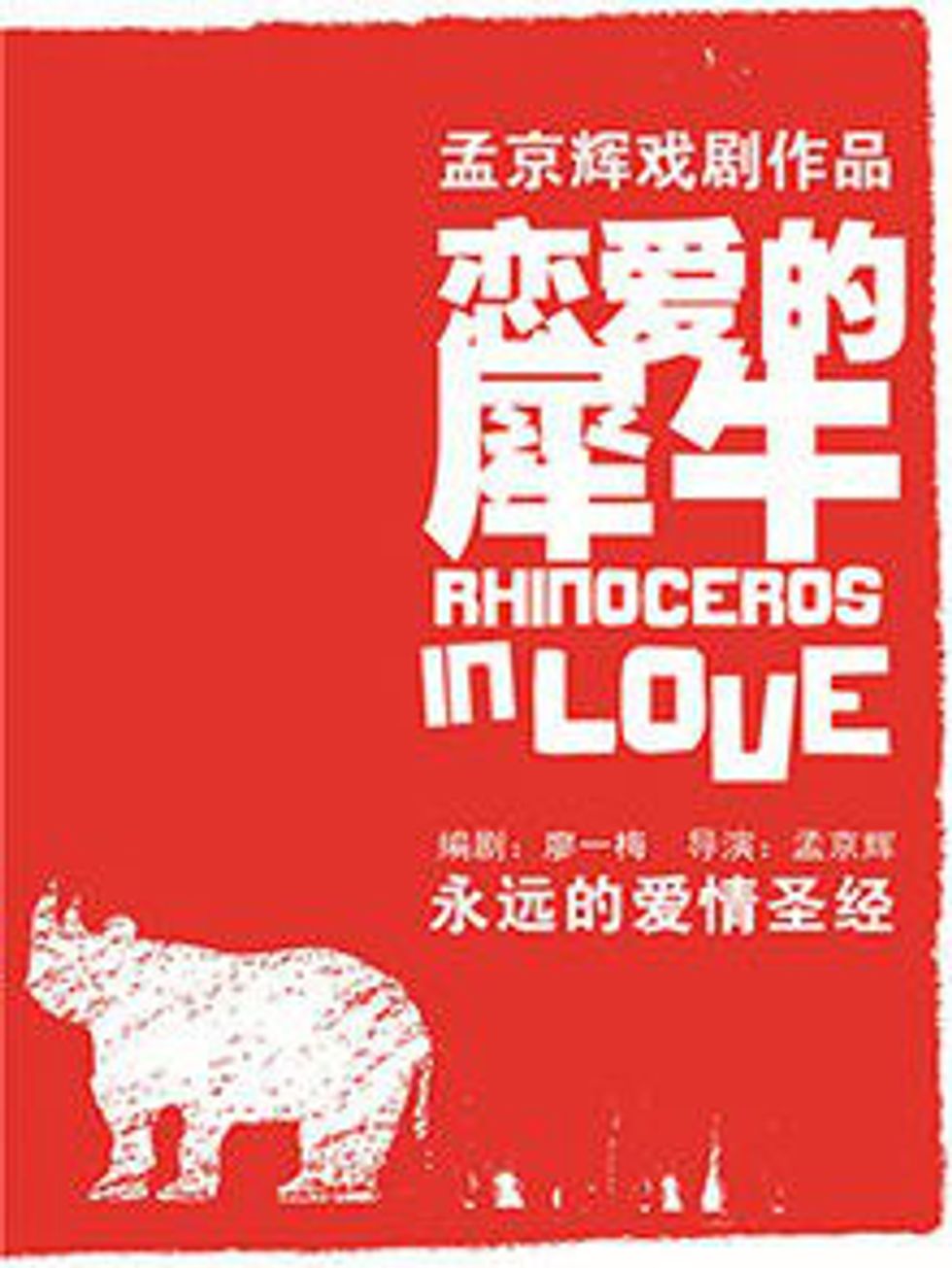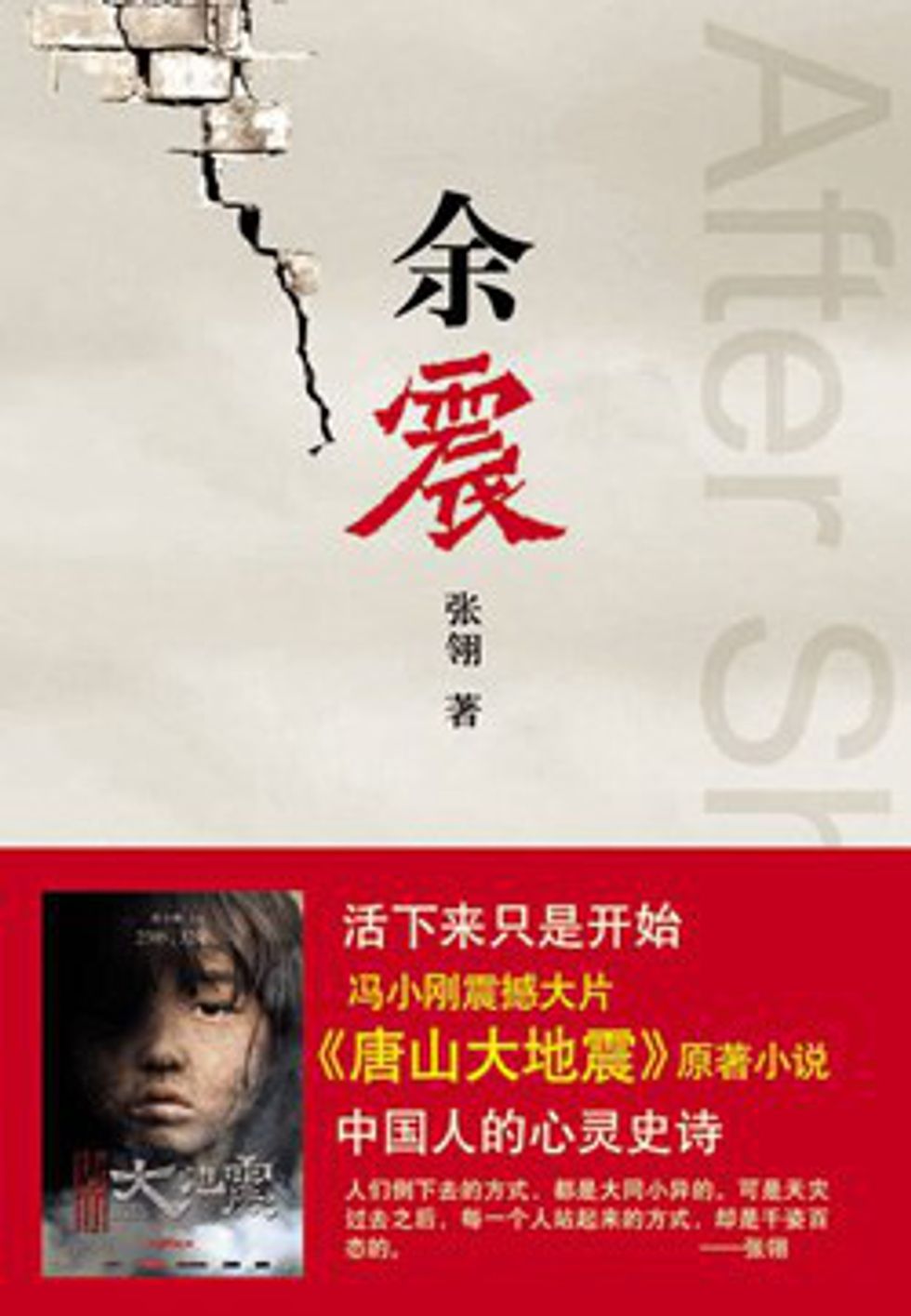Just a few days ago, Yang Jiang—one of the most distinguished writer, playwright, literary scholar and translator of modern China, passed away, following her late husband and their beloved daughter. The tremendous impact that Yang Jiang has exerted over Chinese academia and general public readership consolidated her status as one of the greatest writers of China, yet her life and work remains largely unknown outside of China.
The stark contrast exists between domestic and international recognition exists not only with Yang, but also the vast majority of women writers in China. Ask Americans to name a contemporary Chinese writer, and some will give the name of Mo Yan (Nobel Prize laureate), a few could give Jia Pingwa, Wang Xiaobo or Wang Meng, and many may only be able to provide a few names from the early 1910s or even the Qing Dynasty. Women, on the other hand, are largely ignored and marginalized in the Western discourse of Chinese literature—if finding Americans who could name Chinese male writers was already an impossible task, then finding Americans who read and appreciate Chinese female writers could only occur in one’s wildest dreams.
Nevertheless, the tragic passing of Yang Jiang sparked a crucial debate of female authorship in a global context—how should China treat its women writers, and how should global awareness of Chinese women’s writing be effectively increased and maintained? While these are broad questions, I have started the conversation by presenting to you my personal list of Chinese women writers whose works deserve to be read.
1. Can Xue
"Vertical Motion"
Can Xue (literally meaning “fragments of snow”) was born in 1953 and since childhood suffered tremendously from the repercussions of the economic and political campaigns initiated by Mao Zedong. Her father was severely persecuted during the Anti-Rightist Movement (1957), while she herself was always sickly and never completed her formal education. Her writings are surreal, eerie and fantastic, painting an alternate universe that abides to no known rules or laws. Her most renowned and acclaimed novella, “Hut on the Mountain,” depicts a lone family deeply despising each other while struggling to survive on a secluded mountain; her descriptions, often invoking unpleasant bodily functions, illnesses and Chinese mythology, serve to portray the alienation of human relations during the Great Leap Forward and the Cultural Revolution.
2. Liu Yu
"Send You a Bullet"
A political scientist with a Ph.D. from Columbia and a postdoc from Harvard, Liu has always been at the center of controversy for her sometimes radical stances on current affairs; nevertheless, she remains a popular political writer in China for her detailed analysis of American democracy. However, her most acclaimed (and accessible) works were not her political columns, but rather her short essays documenting her experiences and thoughts derived from the daily realities of living globally as an educated Chinese woman. Her prose is witty, self-deprecating and astute, and her expertise on a wide range of subjects has profoundly influenced the millennials of today’s China.
3. Di An
"A Reasonable Man (Xijue)"
One of the most popular and critically acclaimed young writers in China, she began writing while studying for her M.A. in sociology. She is especially praised for her sharp insight into society, coupled with her detailed yet flowing prose, that make her novels easily digestible yet thought-provoking.
4. Lu Min
"Dinner for Six"
Born in 1973, Lu is one of the most critically acclaimed writers of her generation. She has been an extremely prolific writer—five full-length novels and seven short story collections—and made a winner of the prestigious Lu Xun prize for short fiction. Her novels are often sarcastic, incisive caricatures of urban life in China, and depict the realities of a generation torn between the proliferation of material goods and the barrenness of spiritual guidance.
5. Ye Mi
"Velvet"
Born in 1964 and living through the Cultural Revolution as a child, Ye Mi is perhaps most famous for her novel "Velvet," later adapted into the award-winning "The Sun Also Rises." Both "Velvet" and "The Sun Also Rises" astound readers and viewers with an intricate storyline, rich narratives and multi-dimensional characters, all of which contribute to the depicting the absurdity, suppression and alienation experienced by many during the Cultural Revolution. On the other hand, some of her later works explore bottom-up responses to top-down policy changes in the turbulent years following Mao’s death.
6. Liao Yimei
"Rhinoceros in Love"
Liao is one of the most prolific and influential playwright in China; after her graduation from the Central Academy of Drama, she quickly became a freelance writer and started projects for independent theaters across Beijing. Her well-developed characters, bursting with emotions, easily emphasize with the audience, while her poetry-like lines, filled with vivid imagery, literary references and deadpan humor, constantly surprise and delight her audience. Her most acclaimed play, "Rhinoceros in Love," is often considered to be a milestone in the history of Chinese theatre, and, even 17 years later, is still staged across China.
7. Zhang Ling
"Aftershock"
Zhang Ling had never really considered writing as a career, yet it is precisely her life outside of writing that instills so much vivacity and zest into her own work. A trained therapist who lived in multiple countries, she combined the Chinese immigrant experience with a story of life and death during the devastating Tangshan Earthquake (1976) in her long novel, "Aftershock". Like in many of her other novels and short stories, Zhang explores the themes of collective trauma, national identity, psychological disorders and globalization, all with the grace and elegance of her flowing prose.



